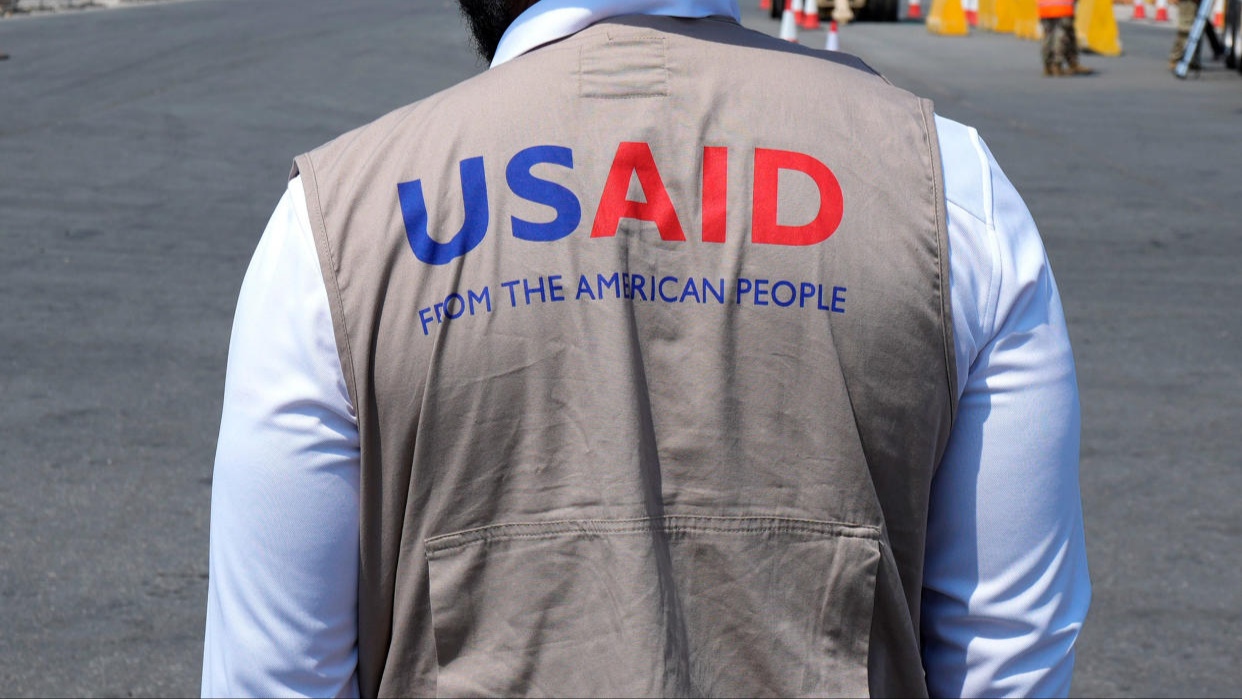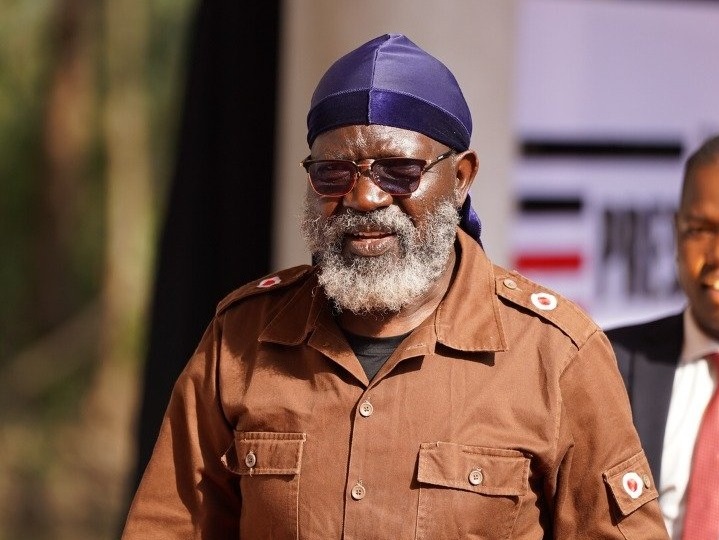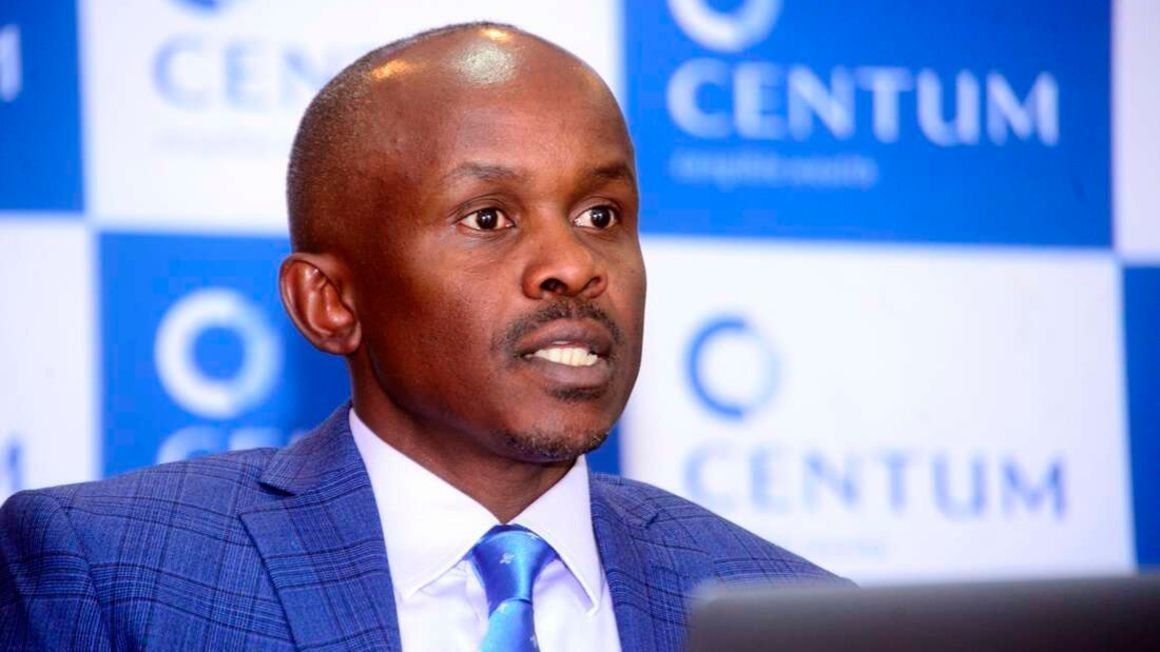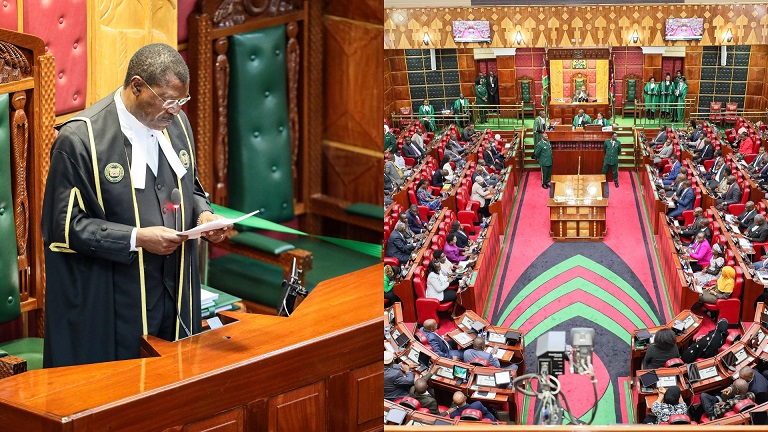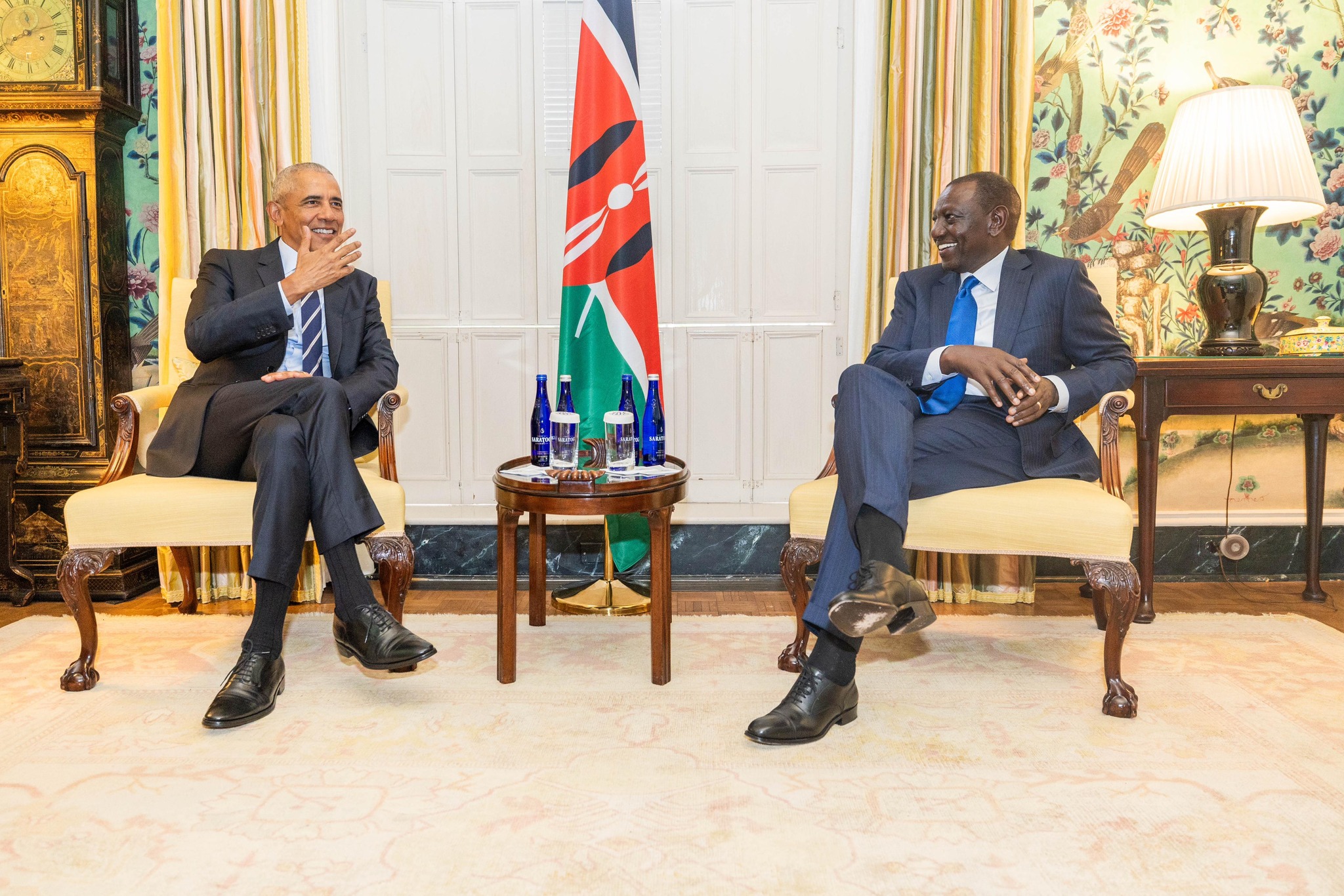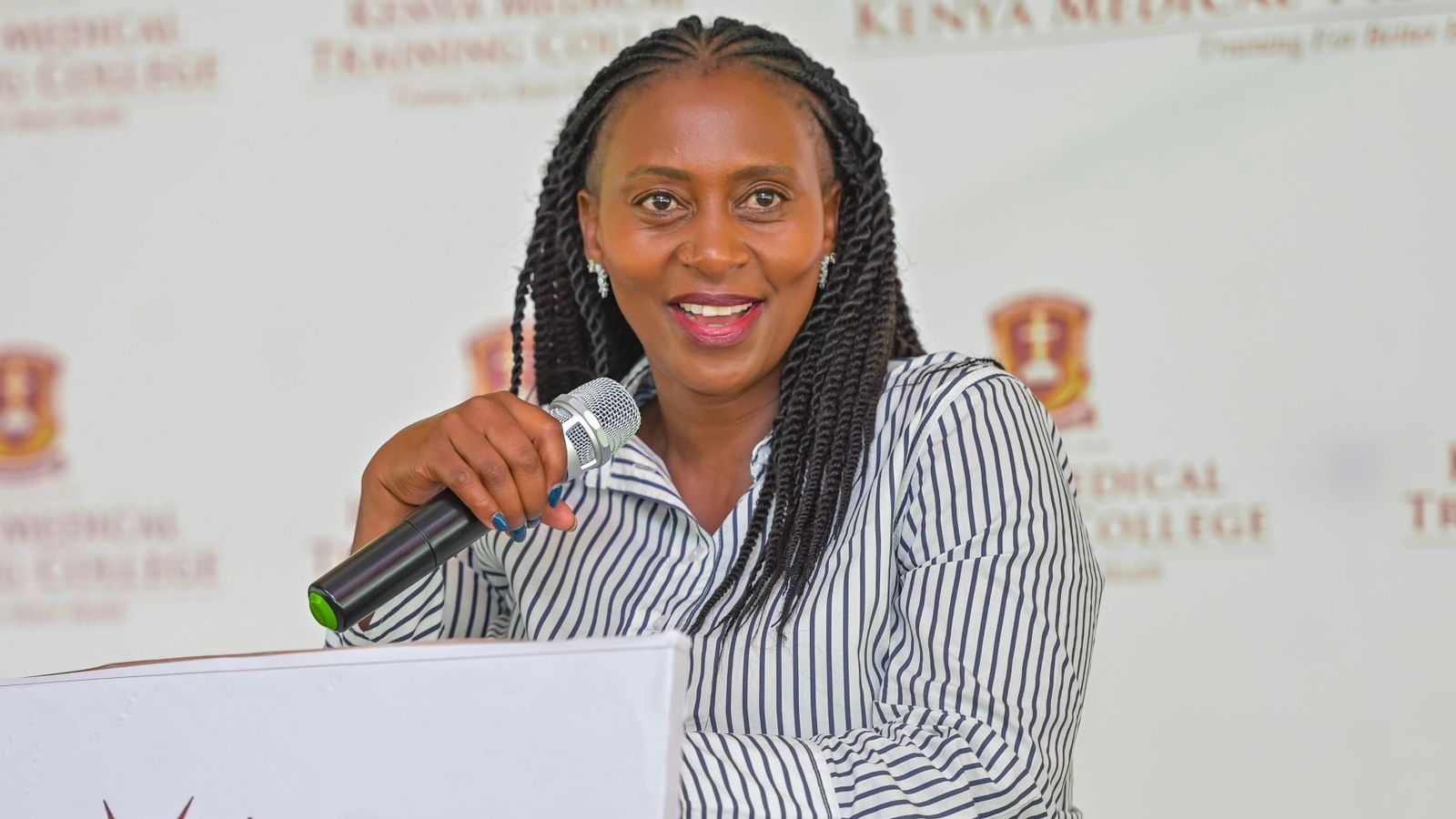Nandi Senator Samson Cherargei has raised concerns over the management of United States Agency for International Development (USAID) funds in Kenya.
In a statement on Friday, February 7, he alleged that a significant portion of the aid is spent on administrative expenses rather than directly benefiting vulnerable communities.
As such, Cherargei criticized what he described as inefficient allocation of donor funds, calling for an audit to ensure transparency and accountability.
"USAID is a humanitarian funding which does a lot for vulnerable communities, but what is sad is most of the funding goes to administration expenses and personal comfort of their staff at the expense of the real intended purpose," he stated.
Cherargei urged the Trump administration to conduct a thorough review of the aid program, questioning the effectiveness of USAID’s projects and the lack of visible impact in beneficiary communities.
Read More
"The Trump administration should audit these huge sums of money because no one provides its impact to the communities. Corruption thrives in this donor funding with zero accountability measures," he added.
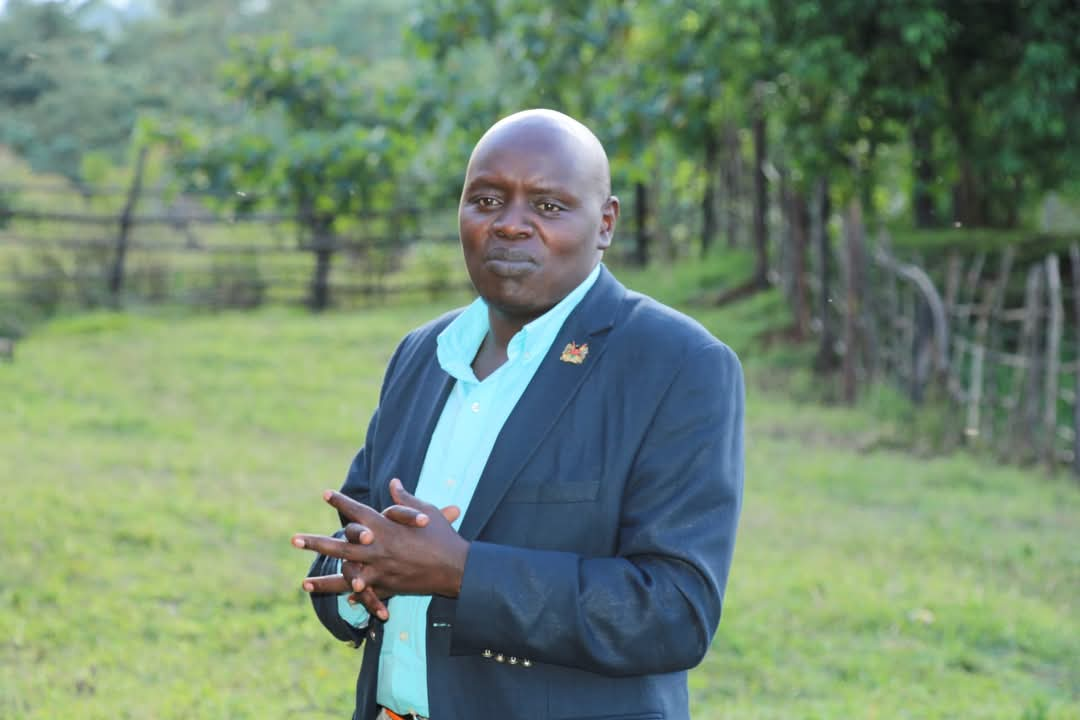
In January, President Donald Trump issued an executive order mandating a 90-day suspension of U.S. foreign aid programs to assess their alignment with his administration's America First policy.
This directive led to an immediate halt in funding by USAID affecting numerous global initiatives.
In Kenya, health programs are notably the most affected by the aid freeze.
The suspension jeopardizes initiatives such as the President's Emergency Plan for AIDS Relief (PEPFAR) and other HIV treatment programs, potentially disrupting services for thousands of patients.
However, Health Cabinet Secretary Deborah Barasa announced that the government will be integrating its health programs following Trump's move to pause foreign aid.
In a statement dated Wednesday, February 5, the CS specifically highlighted HIV and TB programs which were being run as standalone programs.
"Dr Barasa emphasized that Kenya has the leadership and policy framework to strengthen its health systems and adapt to evolving challenges without panic. The Ministry is advancing efforts to integrate HIV and TB management into routine healthcare services, moving away from treating them as standalone programs.
"Counties like Murang’a have already made significant progress, demonstrating the feasibility of this approach," the statement read.
